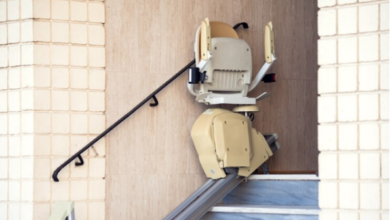Buying vs. Renting an Office Building

Suppose you are confused about renting or buying a commercial building for your office setup. In that case, you should know that both buying and renting have financial and psychological costs attached that you need to consider before making a decision.
If we were to look at the basics, we should know that owning a building is just like owning a house, where you are responsible for everything – including commercial roofing installation.
Similar to a house, you might as well consider whether it is wise to buy a building early and hold it – or – buy it later when your business is well established.
Assess Your Potential Costs
The first factor that comes to play is economical. Historically, building prices tend to increase in value – whereas – you get nothing back from renting.
Some people think they are making an investment when they are buying property – a house or a building – but when they are renting, they are just burning the cash.
Buying vs. renting is an investment decision, and this decision has two sides – one is financial, and the other one is psychological. The financial aspect is about making as much ROI as possible from your investment.
On the other hand, the psychological aspect is all about making sure that your decision makes you as happy as possible, which might be a bit harder to complicate in the beginning.
For instance, you might buy a building to find out that the building needs a lot of work, including commercial roofing, which would require you to spend more than you initially planned, which could affect your happiness.
So, when you are stuck in the decision of buying vs. renting, you will want to calculate some costs before making a decision. You will want to assess the following costs:
- Maintenance costs
- Sunk costs
- Opportunity costs
- Savings
Assess Sunk Costs
When it comes to sunk costs, these are the things that we pay for, and we don’t get any money back from them. When it comes to buying a building, many people think about the purchase price of the building.
But the sunk costs are the other expenses that you have to pay on top of the purchase cost, such as property tax, lawyer fees, and valuation fees.
Maintenance Costs
You have to pay these costs to make the building livable. As a rule of thumb, you should follow the 1% rule: when you own a building, you should budget about 1% of the building price per year for ongoing repair and maintenance costs.
You could deal with broken roof tiles, broken boilers, leaking drain pipes, and so on.
Opportunity Costs
These costs are sort of hidden, and most people don’t account for them. For instance, if you use your finances to buy a building, you are simultaneously deciding to miss out on all the other things you could have done with that money.
So, no matter what you choose – buying or renting – you now know that it is a huge financial commitment, which is why you need to assess all sides of the picture before taking the plunge.



